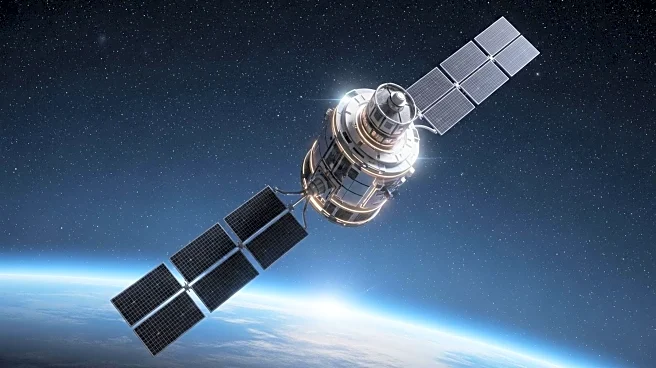What's Happening?
NASA's Jet Propulsion Laboratory (JPL) has announced it will lay off approximately 550 employees as part of a strategic workforce realignment. This decision, aimed at streamlining operations and reducing costs, affects technical, business, and support staff. The layoffs are part of a reorganization that began in July and are not related to the current federal government shutdown. JPL Director Dave Gallagher communicated the decision to employees, emphasizing the need for a leaner infrastructure to secure JPL's future and maintain fiscal discipline. Despite the staff reductions, JPL will continue its work for NASA, managing missions such as Mars rovers and deep space probes.
Why It's Important?
The layoffs at JPL highlight the ongoing budget pressures faced by NASA and its affiliated institutions. This move reflects broader challenges in the space industry, where financial constraints necessitate operational adjustments. The reduction in workforce could impact the pace and scope of future space missions, potentially affecting scientific research and technological advancements. Stakeholders, including employees and the scientific community, may face uncertainties regarding job security and project continuity. However, JPL's commitment to maintaining its core technical capabilities suggests a focus on sustaining essential operations and competitive positioning in the evolving space ecosystem.
What's Next?
Employees affected by the layoffs will be notified of their employment status, and JPL will continue to focus on its core missions despite the workforce reduction. The laboratory's management will likely engage in further strategic planning to adapt to budgetary constraints while ensuring the continuation of critical projects. The broader space industry may observe similar realignments as institutions strive to balance fiscal discipline with scientific innovation. Stakeholders, including government agencies and private partners, may need to reassess collaboration strategies to support ongoing and future missions.











